Wildlife Management in India
This book stresses on the means, methods, possibilities and options to conserve and manage wildlife. It contains 33 chapters dealing with various facets of wildlife. It is divided into four sections, namely wildlife management, wetland ecosystems, legal information and miscellaneous topics. It starts with information on the biodiversity profile of India, continues to deal with ecological terminologies, causes and threats to wildlife, present scenario of wildlife management in India, field investigation related to wildlife and management of rangelands.
The book focuses on endangered plants and animals, special conservation schemes: Project Tiger, Gir Lion Project, Crocodile Breeding and Management Project, Musk Deer Project, Butterfly culture, Orchids, use of Bacillus thuringenesis in the control of forest pests, the role of zoos, wildlife sanctuaries and national parks in the conservation and management of wildlife are also addressed.
Section II includes the importance of wetlands for avifauna and other related wildlife. Mangrove wetlands are the fragile ecosystems threatened with extinction due to coastal aquaculture. The mangrove plants and their associated species, their diversity, distribution, conservation and management strategies and Asian Water Fowl Census are detailed in chapters 16 to 19. It also addresses the legal aspects of wildlife management in India. Evolution of wildlife in India, Wildlife Amendment Act 1991, Wildlife Protection Act 1972, Convention on International Trade in Endangered Species plants and animals are provided in section III.
Section IV includes chapters of diverse interest. The assessment of crop loss due to birds, biological control of insect pests by birds and use of visual scarers to deter depredating birds are explained in chapters 25 to 27. Specific chapters on bird census, conflicts between birds and man, Caecilians, biological diversity of amphibians, elephant conservation are also made available.
This text is a rare source of information and provides good reference. Apart from this, it also inspires wildlife managers, foresters, scientists, students and the public to develop interest in wildlife.
Contents: Foreword/Praveena Chandra. Preface. I. Wildlife management: 1. Biological diversity profile of India. 2. Biological basis of wild life. 3. General importance and threats to wild life conservation in India. 4. Game species management in India. 5. Status of wild life conservation in India. 6. Field investigations in connection with wild life management. 7. Management of range lands, forests and wildlife corridors. 8. Forestry and wild life management. 9. Endangered flora and fauna of India. 10. Special conservation schemes. 11. Wildlife reserves and national parks. 12. Wildlife status and conservation measures for butterflies. 13. Ecology and wildlife status of orchids. 14. Use of Bacillus thuringenesis Berliner in the management of forest insects. 15. Role of Zoos, parks and sanctuaries for conservation of some wild animals. II. Wetland ecosystems: 16. Conservation and management of Mangroves. 17. Ramsar wetlands: conservation and management. 18. Wetlands and avifauna. 19. Asian Waterfowl Census and wetland conservation. III. Legal aspects of wildlife management: 20. Evolution of wild life laws in India. 21. Wildlife Protection Amendment 1991: important features. 22. The wildlife (Protection) Act, 1972. 23. The wildlife (Protection) Act, 1972: schedules. 24. Convention on International Trade in Endangered Species of Wild Flora and Fauna (CITES). IV. Miscellaneous: 25. Assessment of crop loss due to birds. 26. Biological control of insect pests by birds. 27. Role of visual scarers in the management of bird pests in agriculture. 28. Pesticides and the reproduction of birds. 29. Bird counting methods. 30. Conflicts between man and birds. 31. Status of elephant conservation in India. 32. Biodiversity of Indian Amphibians. 33. Biology and identification characteristics of Caecilians. 34. Biosphere reserves of India. 35. Mammals of India. 36. The biological diversity act, 2002. Index.
Get it now and save 10%
BECOME A MEMBER

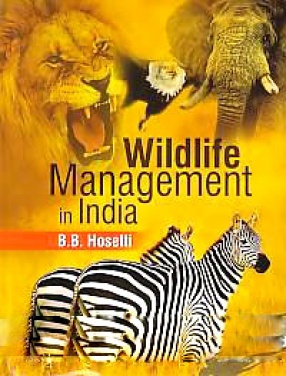
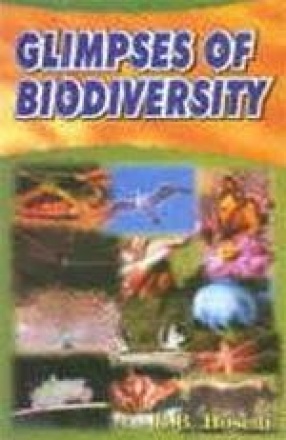
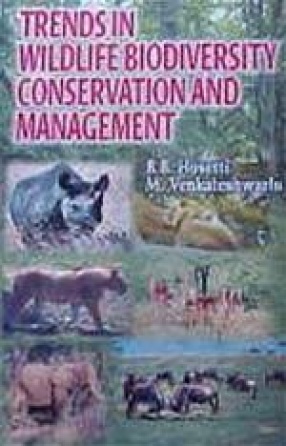

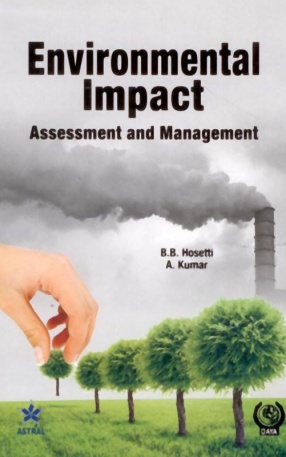
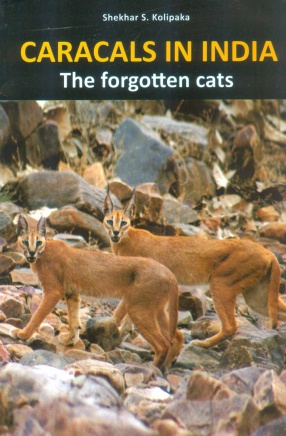
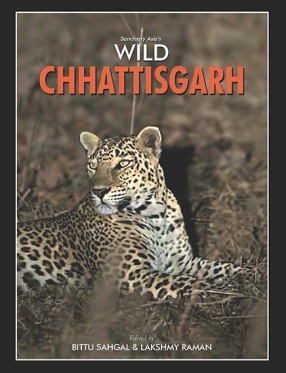
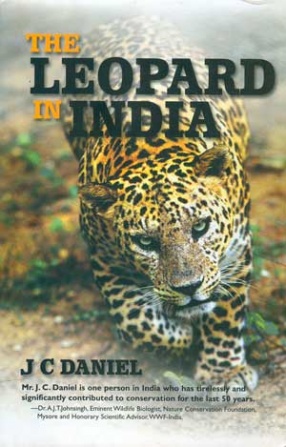
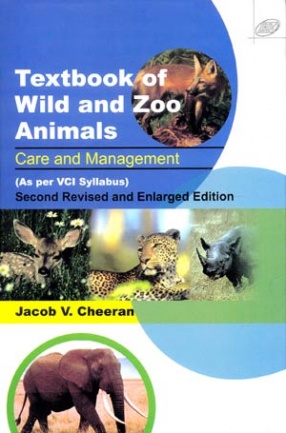

Bibliographic information